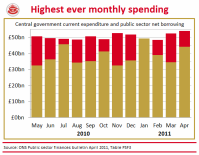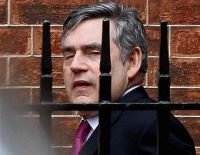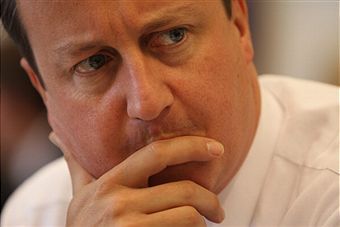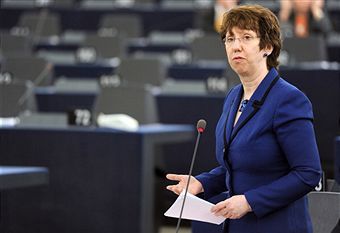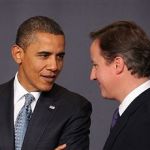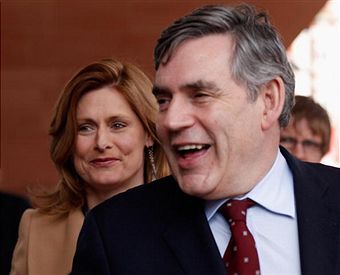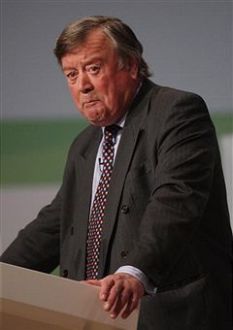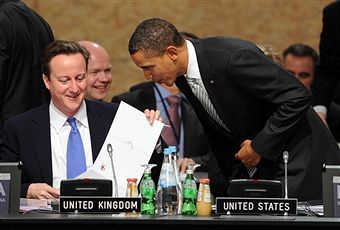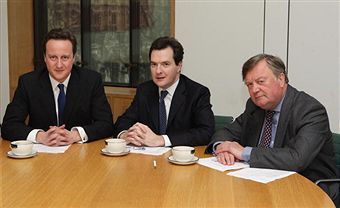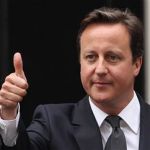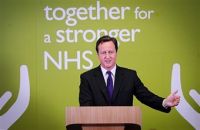A coup for the Tories?
The Tories are cock-a-hoop about the defection of UKIP MEP David Campbell Bannerman – positively crowing, in fact. “There’s nothing more satisfying,” said one CCHQer, “than UKIP suffering.” Activists and MPs alike reckon that the Conservatives could have won a majority last May if it weren’t for UKIP in the south-west. Vengeance is sweet, but is it of lasting importance? Campbell Bannerman has used a blog post to justify his action: David Cameron is an inspiring leader and an avowed eurosceptic. Perhaps it will become a salve for the right, increasingly seen as Cameron’s blind spot. Equally, the answers Campbell Bannerman gave to Total Politics’ Amber Elliott could be used



